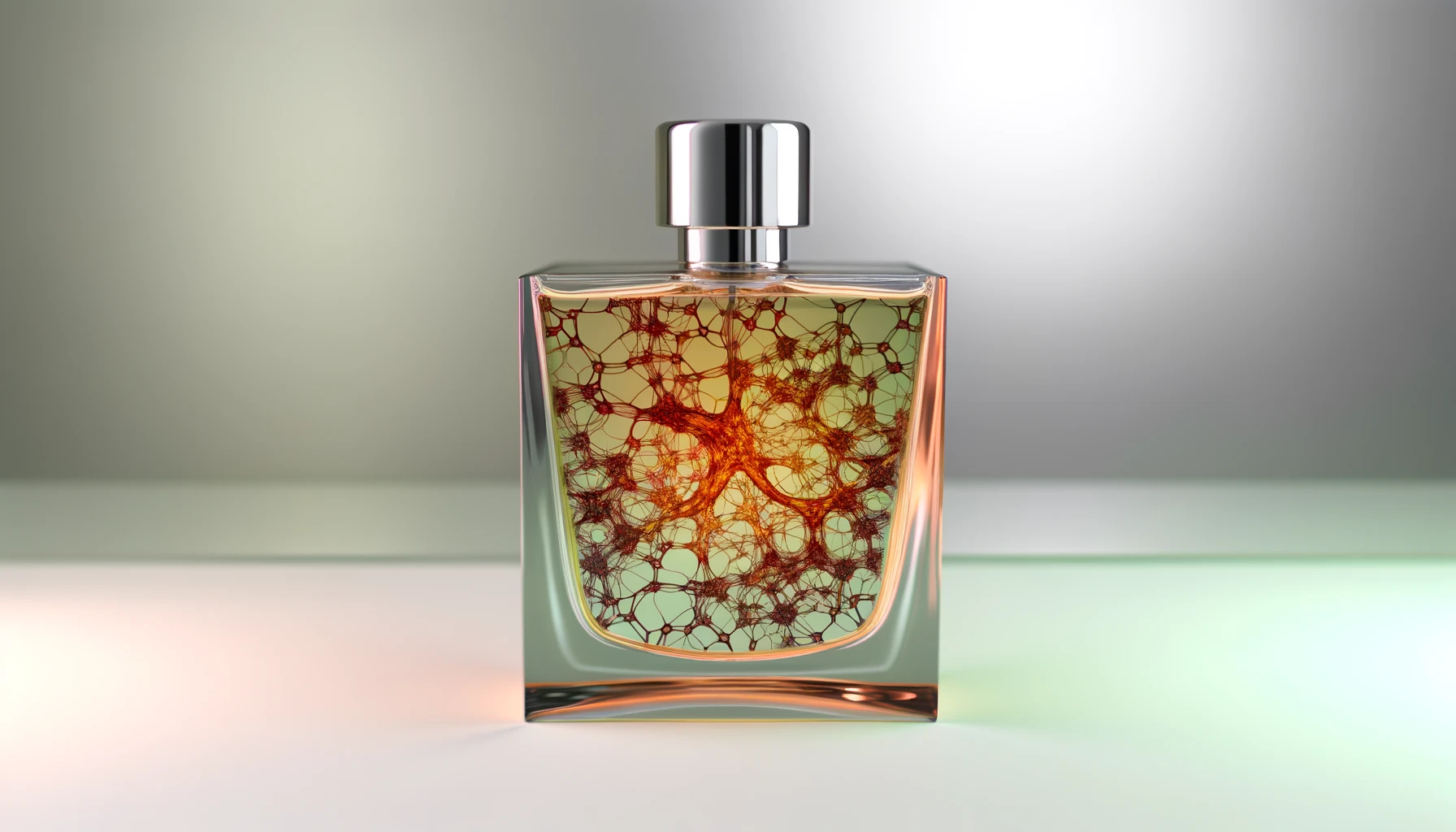Fashion
Meta’s AI-powered Smart Shades with Ray-Ban
Meta’s AI-powered Ray-Ban smart shades revolutionise wearable tech in Asia.

Fashion
Replicating Rare Fragrances with AI: Norwegian Researchers Use Machine Learning to Preserve Scents
Norwegian researchers use AI to replicate rare fragrances, potentially revolutionising the perfume industry.
-



 Prompts1 month ago
Prompts1 month ago10 Amazing Prompts to Create AI-Powered Phone Wallpapers (with Freebies!)
-



 Life2 months ago
Life2 months agoAI Ushers in New Learning Era at Asian Universities
-



 Life2 months ago
Life2 months agoUnveiling Amazing AI Features on Your Apple Watch
-



 Business2 months ago
Business2 months agoUN AI Resolution: A New Era of Innovation and Regulation
-



 Business2 months ago
Business2 months agoYoung Workers are Embracing ChatGPT
-



 Learning2 months ago
Learning2 months agoMastering ChatGPT in Asia: 7 Simple Steps
-



 Marketing2 months ago
Marketing2 months agoFour AI Technologies Transforming Marketing
-



 Business2 months ago
Business2 months agoAI Transforming Marketing Communications in Asia: T&Pm Leads the Way







